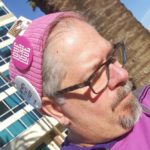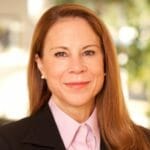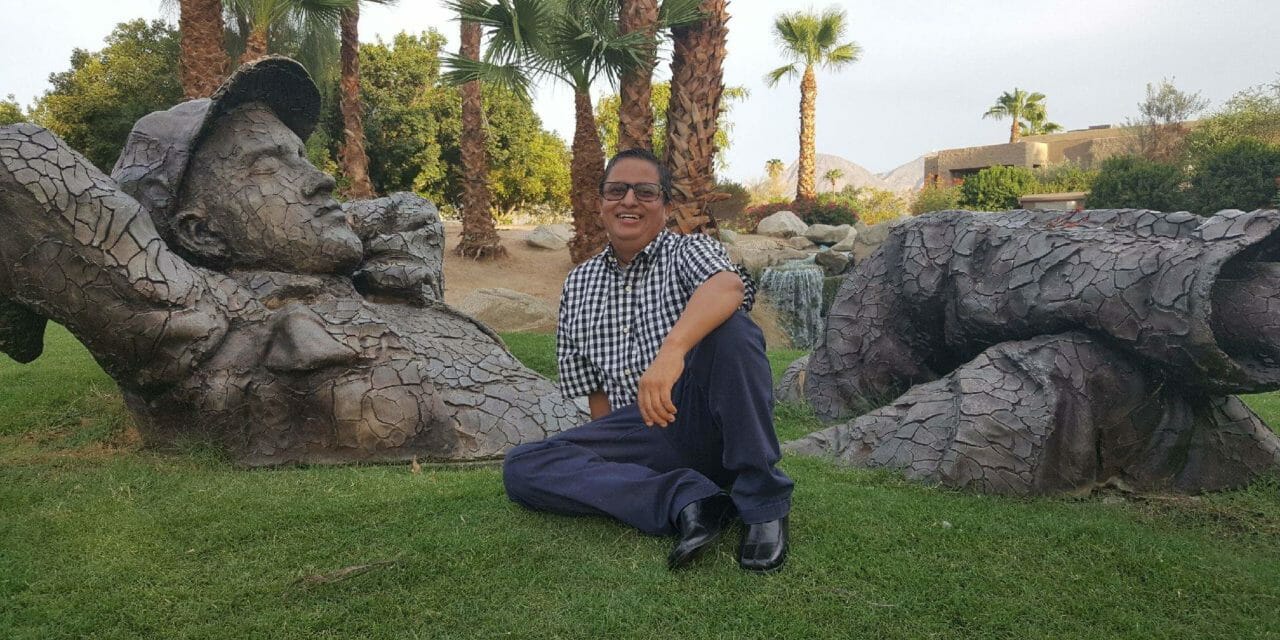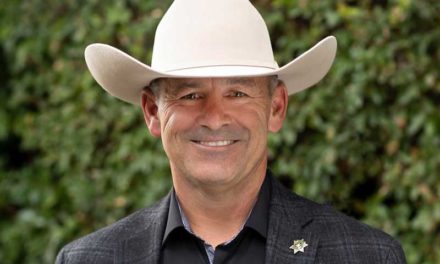PALM DESERT – Two faces are beginning to emerge in this community that could forever alter how this wealthy city of country clubs, golf courses, and high-end shopping elects members of the City Council. They are the faces of two openly gay men, one of them Latino, who helped propel litigation against the city for allegedly violating the California Voting Rights Act of 2001.
One of the faces is that of Carlos Pineda. In November 2018, the 43-year-old Latino immigrant from Guatemala made his inaugural bid for a seat on the Palm Desert City Council. Though the city elects Councilors at-large, Pineda ran his campaign as though he represented the “district” in which he lived.
He had become a U.S. citizen in December 2017. No longer living in this country on a resident alien card, Pineda felt a sense of security he had never experienced. He was emboldened to seek political office with the goal of serving others.
The second face that helped trigger the litigation is that of Bill Holzhauer, Pineda’s husband.
Pineda believed wholeheartedly in district-based elections. He wanted to listen to – and speak for – residents who were struggling to pay rent or fill prescriptions. He billed himself as a voice for change.
Both men knew the city of Palm Desert was put on notice in September 2017 that it was in violation of the California Voting Rights Act because of its at-large election system and could face litigation.
Malibu-based Attorney Kevin I. Shenkman sent the certified letter on Sept. 15, 2017. He sent the letter on behalf of his client Southwest Voter Registration Education Project and its members living in Palm Desert. Failure to comply could result in judicial action. (Read litigation/lawsuit)
The city sat on the letter and did nothing almost daring Shenkman to follow through on his threat.
The letter arrived about a year before two incumbents – Sabby Jonathan and Jan Harnik – were preparing to seek reelection. The at-large election had generously favored both in the past. Both, like the balance of the City Council, are Caucasians.
With that knowledge at his back, Pineda pushed forward and never looked back.

Bill Holzhauer
“We only campaigned heavily in the area that we lived, which is close to City Hall,” Holzhauer told Uken Report. “That’s where we door-knocked, that’s where we put fliers, and that’s where we stood on corners with his signs. He talked to everyone in this area. He walked San Pablo, that whole district, and spoke to the business owners there. He wanted to know if they felt that they were being heard by the city.”
The more he learned, the more engaged he became. It drove him to campaign tirelessly, to speak for those who felt like they were not being heard, Holzhauer said. He grasped the concept and purpose of district-based voting.
As he walked the streets of the city, he wore an American flag pin. A gentleman asked Pineda why he personally was wearing that flag, Holzhauer recalled.
“Well, it’s the American flag and every citizen can wear the flag,” Pineda responded.
“No, I meant … what I mean is, why would someone like you be wearing that flag?” the gentleman said.
“Carlos was met with racism, profiling, people looking at the color of his skin, and thinking he was somehow illegal, or not of, I don’t know how to say it, but that he wasn’t worthy of running for office because of who he was,” Holzhauer said. “That drove him even more.”
To see and hear his husband campaign was to see him through a new and revelatory prism.
“I personally witnessed my husband speak in a way that I never thought I would hear him speak,” Holzhauer said. “I knew he was strong, intelligent, and fearless. But when he stood in front of this group and said that he knew what it felt like to be racially profiled was something I had never heard. He knew what it felt like to be a member of color. He knew what it felt like to be a member of the LGBTQ community, and he also knew how it felt to be a person with a pre-existing condition. He understood what the everyday person went through.”
Pineda was living with HIV. He estimated he had about two years to live as he launched his campaign. He felt a “sense of urgency” to run, not because someone asked him to, but because he felt compelled to serve.
He did not win one of two open seats on the City Council in November. With 2,380 votes, he placed fourth in a five-way, at-large race. But he was proud of his showing and felt it was a victory by any measure. The number of votes he received was more than any of the victors garnered in district-based elections in either Indio or Cathedral City.
In Indio, which moved to district-based elections in November 2018, Waymond Fermon and Oscar Ortiz won with 1,920 and 1,785 votes respectively.
In Cathedral City, which also moved to district-based elections in November 2018, Mark Carnevale won with 2,108 votes, Raymond Gregory won with 1,384 votes, and Ernesto Gutierrez was victorious with 702 votes.
Indio and Cathedral City are the two largest communities in the Coachella Valley.
Would Pineda have won if Palm Desert had transitioned to district-based elections? No one will ever know. He won’t have another shot to find out.
Pineda died on Jan. 1.
“At the core of who he was and why he ran, was because he felt that everyone needed representation,” Holzhauer said.
His death did not end Pineda’s fight for district-based elections; it fanned the flames.
Shortly after Pineda’s death, Holzhauer called Shenkman to encourage him to at last file a lawsuit and proceed with litigation.
“I shared with him, with Mr. Shenkman, who Carlos was, what his steps were, and what his results were from the campaign,” Holzhauer said. “I told him Carlos did not do all of this and literally lose his life for nothing. There needs to be something done about it. The everyday citizens need to have their voices heard. My only reason for reaching out to the law firm was because I felt that Carlos represented the true reason for why districting needed to happen.”
Holzhauer did not cause the litigation. The city had been put on notice long before and took a laissez-faire approach to it. Holzhauer said he simply helped advance it. He refused to allow Pineda’s death to be the end of it.
“My husband was not a token,” Holzhauer said. “He was not a placeholder. He was here, he existed, he had a mind, he had heart, and he had soul. He was so fearful that he would be attacked because he didn’t have a high school diploma. That people would think that he was stupid. To me, and to my friends, and to the people that met him, he was intelligent, and smart, and passionate and that’s what you need in a leader.”

Jan Harnik
Palm Desert City Councilmember Jan Harnik said the city had been focused on other issues, which is why the Shenkman notice went unanswered. She said a couple members of the City Council were “looking into” the issue.
That’s a tough sell for Holzhauer.
“One, they don’t want change,” Holzhauer said. “Two, there is a sense that they are above it all, that they know better than the common folk, and therefore they don’t need this in their city. They’re so out of touch with reality. The population is big enough to go to districting.”
The city was served with the lawsuit on June 5.
After nearly two years of avoiding the issue, the City Council is set to discuss the pending litigation in closed session Thursday, June 13, according to its public agenda. The closed session is for a conference with legal counsel to discuss Lorraine Salas and Karina Quintanilla v. City of Palm Desert, Riverside County Superior Court, Case No. PSC 1903800. Southwest
The litigation is filed on behalf of Voter Registration Education Project and its members living in Palm Desert.
You may read the entire lawsuit here. You may also read Shenkman’s original letter here.
Image Sources
- Bill Holzhauer: Bill Holzhauer
- Jan Harnik: Jan Harnik
- Carlos Pineda: Carlos Pineda







